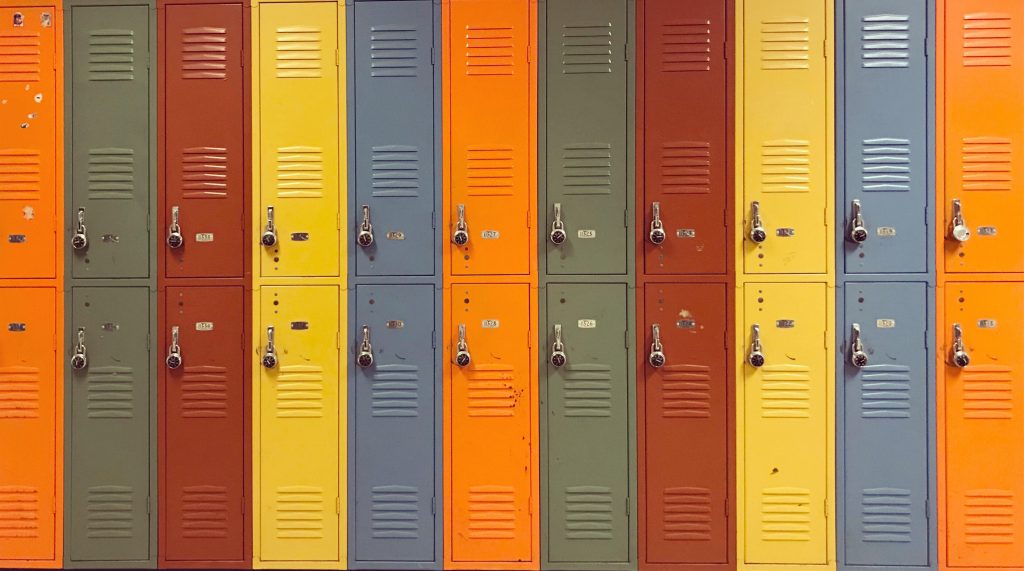Course to Teach University Students to Engage Philosophically with High Schoolers
The University of Pennsylvania is offering a course that will teach undergraduates how to teach philosophy to high school students.
The course, “Public Philosophy & Civic Engagement,” is one of the university’s “Academically Based Community Service” courses.
According to The Daily Pennsylvanian, the course will be taught by Michael Vazquez, a Ph.D. student in the Department of Philosophy who is also a member of the University of Pennsylvania’s Project for Philosophy for the Young. In his course,
students will spend a part of each class figuring out how to distill complex philosophical ideas to high school students in an exciting way, and they will then go to teach philosophy in a Philadelphia high school once a week. According to the course syllabus, students will learn and teach topics from moral and political philosophy that relate to living in a democratic society, such as civic duties and obligations, patriotism, propaganda, and civil disobedience.
“We’re going to let the high school students dictate the sort of questions we want them to ask,” Vazquez said, adding that the Penn students will develop lesson plans that are shaped by high school students’ interests. By the end of the semester, Vazquez added, the high school students will write philosophical op-eds based on what they learned from the Penn students, and they will hopefully be able to publish these op-eds and present them at Penn.
In the Daily Pennsylvanian article, Mr. Vazquez credits University of Pennsylvania professor of philosophy and education Karen Detelfsen with inspiration for the course. Previously Mr. Vazquez had been a teaching assistant for a course of Profesor Detelfsen’s in which students taught philosophy to middle school students.
You can learn more about the course here.




This sounds like a great idea. The only thing I’d flag (from my own bitter experience) is that classroom management in high school classes can be quite tricky for academics used to dealing with university students. I’m sure this varies a lot depending on the school, but in my limited experience of serving as a guest speaker at high schools is that getting students to listen (and stop tormenting each other) is far from easy, even with another teacher in the room, and the need to do so came as a bit of a shock for me. So ideally a course like this would incorporate some basic classroom management strategies.
I can imagine this program being successful if the college students have a high school teacher who is present with them. That way they can ‘coach’ and help with classroom management while the students gets teaching experience.
Great idea. At the University of Washington, Jana Mohr Lone has been teaching a similar course for years now:
https://www.philosophyforchildren.org/what-we-do/philosophers-in-the-schools-program/
I believe there are a number of other universities doing something similar. I recently learned there are a number of philosophy for children programs across the country with what appear to be different websites and institutional structures. Has the APA done anything to coordinate the efforts of faculty and students at different universities?
Not that I know of. I’m on the other side of WA at Gonzaga and I take my 101 students into middle schools and high schools to do philosophy. We might get a WA state collective going
As a former college philosophy instructor who now teaches high school English full time, I think this is a great idea. As Henry notes, classroom management is quite different at the high school level. You also have to be much more careful with text selection and content. The differences in autonomy at the high school and college level is significant.
Couldn’t be a better idea. I have worked on philosophy for children in our city and urged acceptance by the school district – failed. But I think maybe getting students, informally, to address students, it could work in the same way without imposing costs on the district or getting teachers who do not know philosophy to learn it (both have been impediments here to schools adopting the idea). And, ultimately, the students in K-12 would relate to other students better than Ph.D.’s and geezers like me. Kudos…all good!